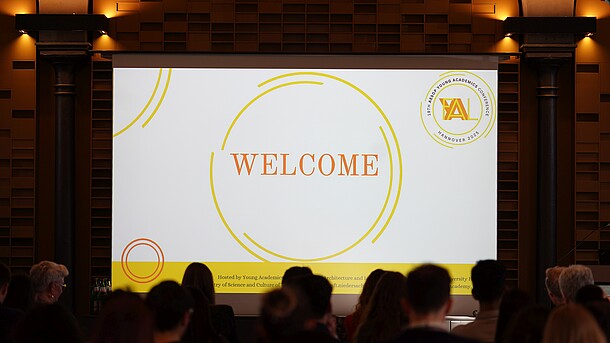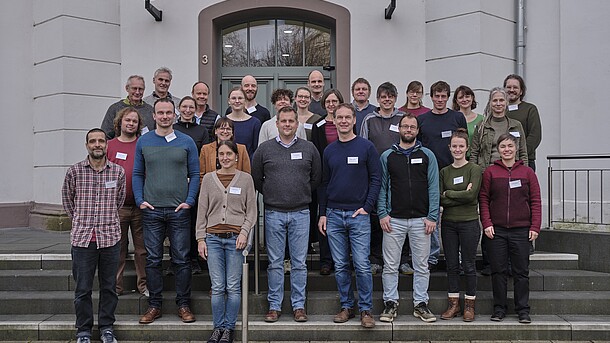Collaborative Project ViWA: Multiscale Monitoring of Global Water Resources and Options for their Efficient and Sustainable Use (ViWa)

| Led by: | Prof. Dr. Christina von Haaren |
| Team: | M.Sc. Felix Neuendorf, Dr.-Ing. Kremena Burkhard, M.Sc. Anna Schlattmann, Cedric Gapinski (ab Oktober 2020) |
| Year: | 2020 |
| Funding: | Bundesministerium für Bildung und Forschung (BMBF) in the framework program "Forschung für die Nachhaltigkeit" (FONA) as a joint project of the funding measure "Global Resource Water" (GROW) |
| Duration: | May 2017 - December 2020 |
Short description
With the 17 Sustainable Development Goals (SDGs), the international community has set targets for sustainable development within a UN frame. They have a direct or indirect reference to water (e.g. 6.12; 2.15). It is in the duty of the states to operationalize them. So far the operationalization of thegoals is heterogeneous and of a general manner.
There is a lack of a global system able to quantify the regional and local efficiency and sustainability of water resources used for agricultural production and to imprint this information on the virtual water streams on their trading routes. Therefore international food trade is currently incapable of taking into account the local scarcity and (in-)efficiency with which water is used to produce agricultural commodities. This is also the main underlying reason why water resources are currently used in large parts of the Globe in a manner that is neither sustainable nor efficient.
The collaborative project ViWA, funded by the BMBF, has multidisciplinary research approach which integrates methodologies and knowledge from different science disciplines and the expertise of stakeholders. Its nature is at the same time local and global.
For more information about the collaborative project, please consult the website at: http://viwa.geographie-muenchen.de/
The Leibniz Universität Hannover team is responsible for the sustainability assessment of water resources according to the land-use. The sustainability assessment is to be based on data about landuse and crops provided by a high-spatial and –temporal resolution monitoring system.
The SDGs and further international, legal standards (CDB, EU Biodiversity Strategy) shall be used as basis for the concretization of indicators. Existing indicator-systems and assessment methods for ecosystem services shape the structure for the sustainability assessment.
The results from the sustainability assessment as well as the results from the monitoring system will be employed to delineate shortage areas with unsustainable water use (hot spots) and areas with abundance of water (cold spots) on a global level, as well as the equilibration of an “ecological backpack” of virtual water-flows.
Furthermore, the team aims to examine different systems of spatial governance in planning systems in order to identify obstacles and potentials for a sustainable and efficient water use. Within four casestudies there are solution approaches to be figured out and to be discussed with stakeholders and affected persons. The focus will be on the “problems of spatial fit”.
The outcome of the high-resolution monitoring system, the integrated economic evaluation of virtual water flows, the sustainability assessment, the governance of water resources analyses and the SDGs will be continuously discussed with stakeholders. The resulting scenarios will be formulated and implemented in ViWA to identify effective control instruments for a more sustainable and efficient water management that go beyond the ones that are already identified.





